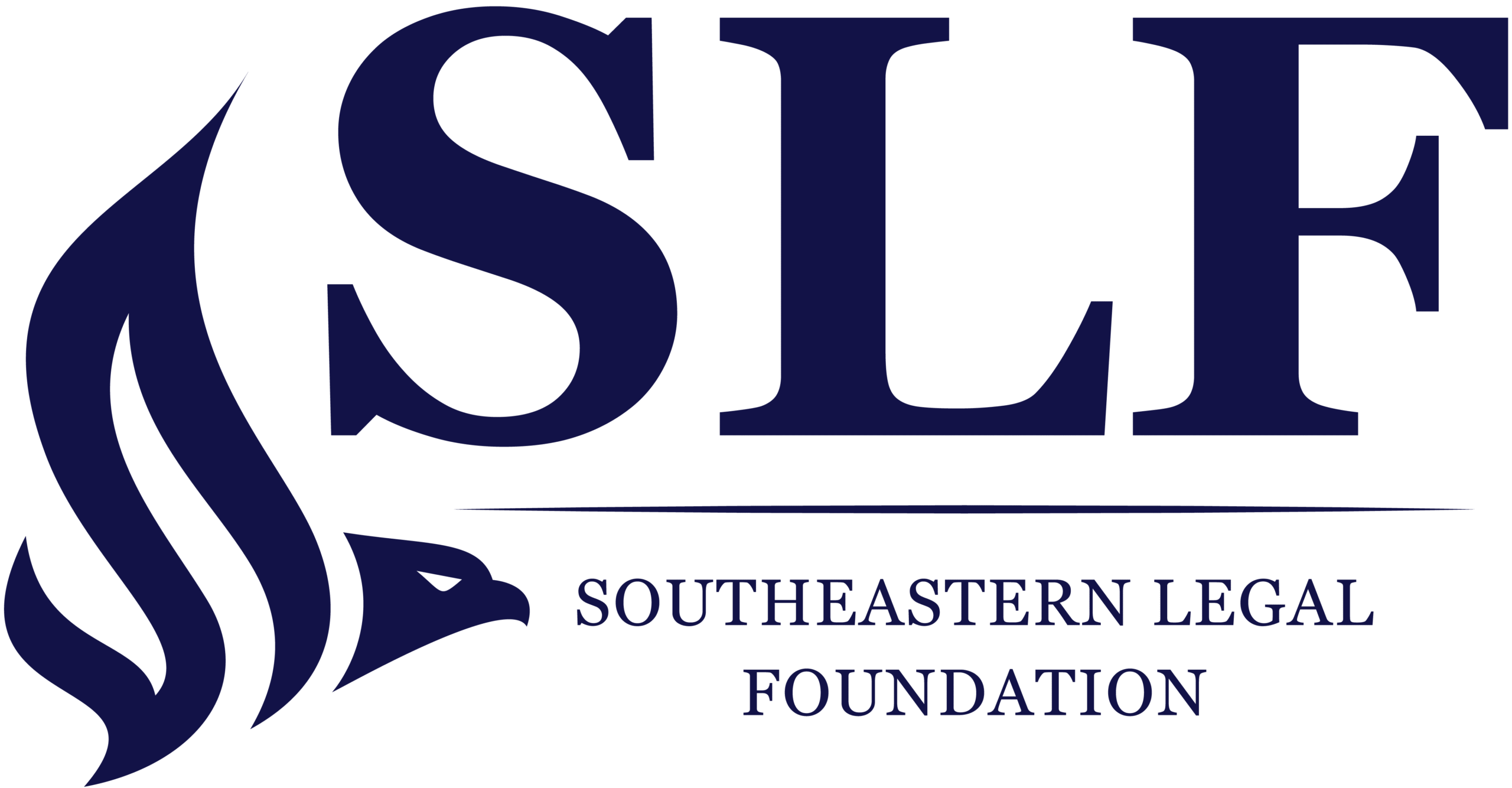Many Americans enjoy distilling beverages in the comfort of their own home and sharing them with friends and family. Yet this hobby has long been banned by Congress. Anyone who attempts to participate in this pastime faces a $10,000 fine or up to 5 years in prison. Southeastern Legal Foundation (SLF) filed an amicus brief supporting a group of home distillers challenging this law at the U.S. Court of Appeals for the Fifth Circuit.
Congress claims that its ban is lawful because it is a “necessary and proper” exercise of its taxing power. But Congress must do more than just say that its exercise of power is “necessary and proper”—it must actually show it is necessary and proper by demonstrating a strong link between an end goal and legislative means. The Founders understood that a law must be essential and actually fall within its powers. Without such carefully crafted limits on its power, Congress could regulate practically anything and everything by claiming a broad power to tax whenever it seems convenient.
Read More
The home distilling ban is neither necessary nor proper. The taxing power “is limited to requiring an individual to pay money into the Federal Treasury, no more.” There is no obvious connection between Congress’s power to tax and the ban on home distilling. Banning home distilling does nothing to raise revenue, nor does the ban prevent tax evasion; other laws already do that. On top of that, Congress is not collecting a tax at all here but trying to regulate behavior entirely separate from liquor taxes.
The home-distilling ban punishes individuals Congress cannot otherwise reach through regulation, and it is unconstitutional.
